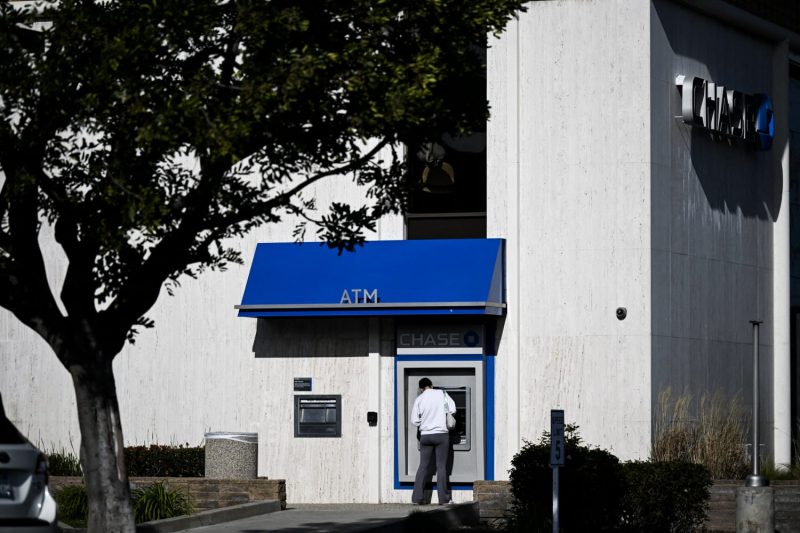
JPMorgan Cracks Down on Customers for Exploiting ‘Infinite Money Glitch’
In a recent series of shocking legal actions, global financial giant JPMorgan Chase has initiated lawsuits against customers suspected of exploiting an infinite money glitch in the company’s digital banking system. Allegations against these customers revolve around the unauthorized withdrawal of thousands of dollars, exploiting a loophole within the bank’s software to repeatedly access funds beyond their actual balance.
The development of digital banking systems has undoubtedly enhanced the overall efficiency and convenience of financial transactions. However, with the digital landscape constantly evolving, financial institutions remain vulnerable to exploitation by individuals seeking to exploit system vulnerabilities for personal gain. JPMorgan’s decision to pursue legal action against customers suspected of exploiting this loophole highlights the severity and potential consequences of such actions.
The exploitation of an infinite money glitch not only raises questions about the security measures underpinning digital banking systems but also underscores the ethical implications of manipulating financial platforms for personal benefit. While technological advancements have undoubtedly revolutionized the way we manage our finances, incidents like these serve as a stark reminder of the importance of robust cybersecurity protocols and constant vigilance against potential vulnerabilities.
As financial institutions grapple with the ever-growing threat of cyberattacks and fraudulent activities, the responsibility falls on both banks and customers to maintain a heightened level of awareness and transparency in their interactions. Maintaining the integrity and trustworthiness of digital banking platforms necessitates continuous monitoring, prompt response to suspicious activities, and stringent security protocols to mitigate the risk of exploitation.
The legal actions taken by JPMorgan Chase against customers accused of exploiting the infinite money glitch underscore the company’s commitment to upholding the integrity of its financial services and protecting the interests of legitimate customers. By holding individuals accountable for unauthorized activities, financial institutions send a clear message that breaches of trust and unethical behavior will not be tolerated, regardless of the medium through which they occur.
Moving forward, it is imperative for both financial institutions and consumers to remain vigilant and proactive in safeguarding against potential vulnerabilities within digital banking systems. Robust cybersecurity measures, regular risk assessments, and timely detection of irregular activities are essential components in maintaining the security and reliability of digital financial services. As technology continues to evolve, the resilience of financial systems will depend on a collective effort to adapt, innovate, and prioritize security in an increasingly interconnected digital world.
